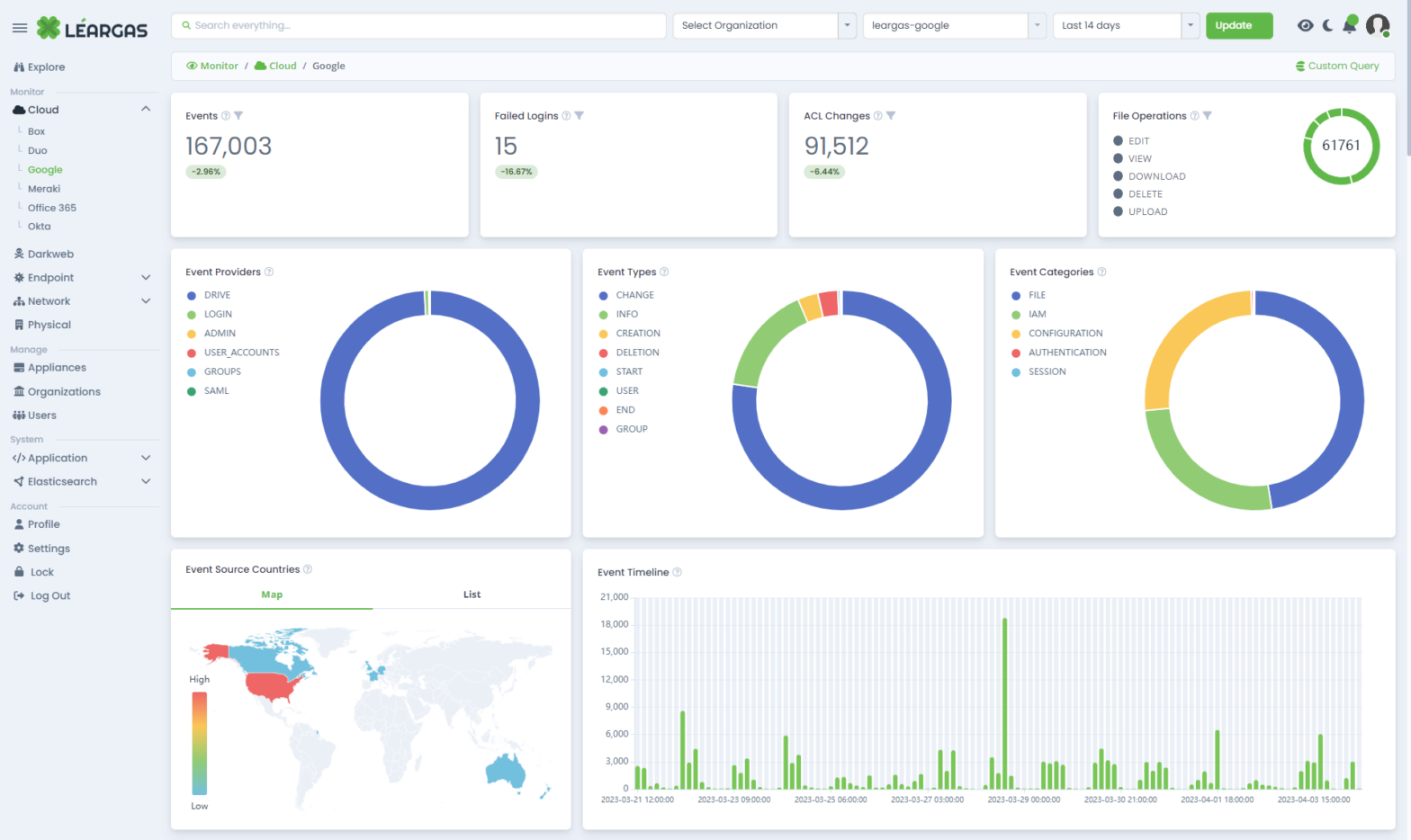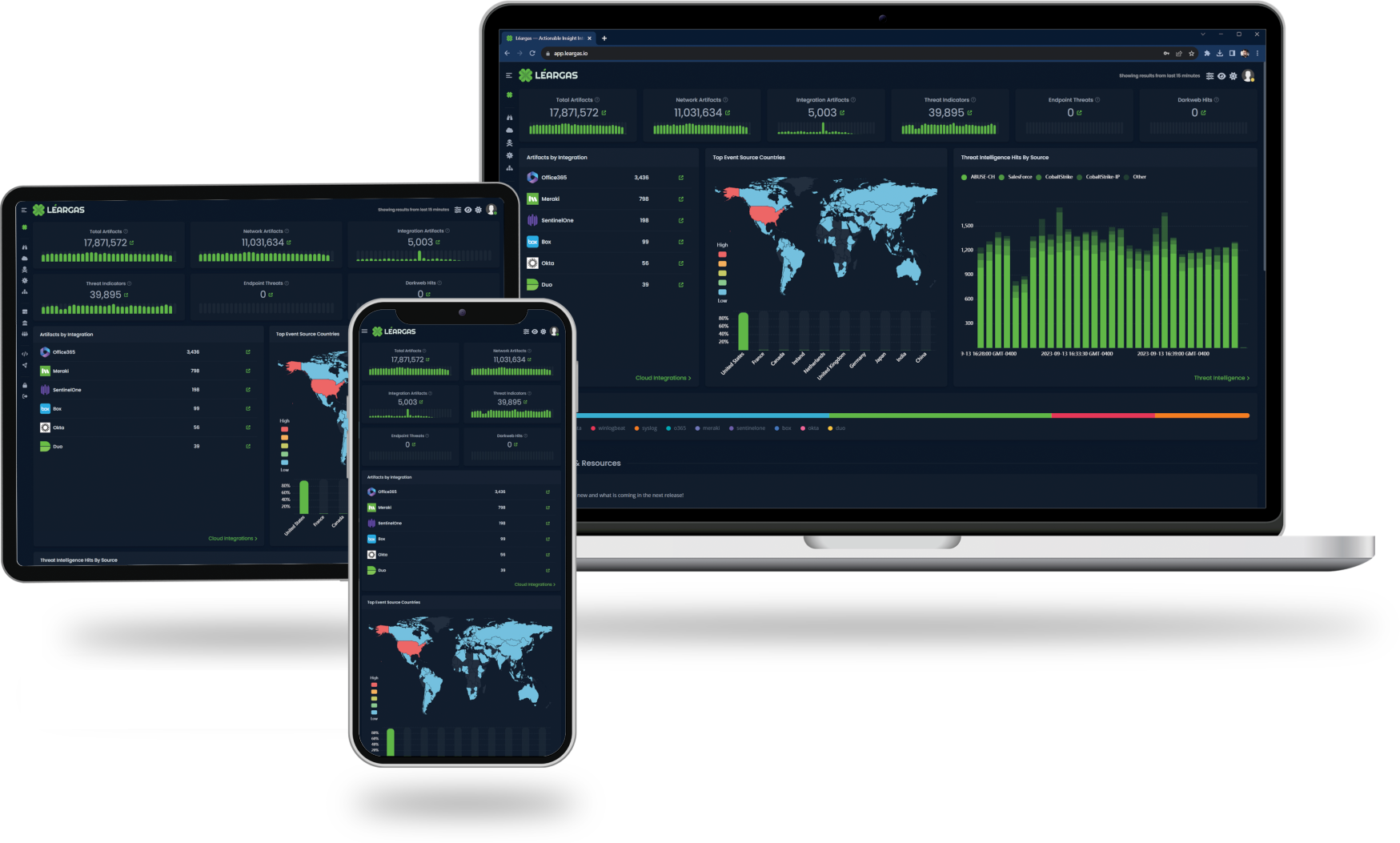
BLOG
Responsible Usage of ChatGPT in Large Organizations: Ensuring Ethical and Secure AI Practices

Artificial Intelligence (AI) has made significant advancements in recent years, with ChatGPT by OpenAI emerging as one of the most popular language models. Its potential to enhance productivity and efficiency across a wide range of tasks is undeniable. However, as large organizations increasingly adopt this technology, it is essential to ensure responsible and ethical usage. In this blog post, we discuss the key points to consider when using ChatGPT in a large organization, focusing on security, reliability, and ethical concerns.
Familiarize Yourself with Relevant Policies
Before implementing ChatGPT in your organization, become well-versed in the relevant policies and guidelines, such as those published by OpenAI. These policies provide important information on the responsible use of AI technology, addressing issues like data privacy, security, and ethical AI development. Ensure that your organization develops its own guidance based on these policies to promote responsible AI usage.
Never Submit Sensitive Information
ChatGPT is designed to generate human-like text, but it is not immune to security risks. To protect your organization's confidential data, avoid submitting sensitive information through the service. This includes personal and organizational identifiers, such as names, addresses, contact information, or other unique details about your organization, contractors, suppliers, and vendors.
Always Manually Review and Validate Code Output
While ChatGPT can generate useful outputs, it is crucial not to rely on its suggestions blindly. Always review and validate every single line of code or text generated by the AI. This will ensure the quality and reliability of the output, as well as prevent potential issues that may arise from using incorrect or inappropriate code.
Recognize and Address Bias in AI Output
AI systems, including ChatGPT, can sometimes exhibit bias based on the data they have been trained on. It is important to recognize these biases and manage them appropriately. Encourage your organization's employees to be vigilant in detecting and correcting biased output and ensure that your team develops strategies for mitigating bias in AI-generated content.
Remember That AI Is a Tool, Not a Replacement for Human Work
ChatGPT is a powerful tool that can assist employees in their daily tasks, but it should not be relied upon to do their jobs. Employees must remain responsible for their work, even when using AI to assist them. Ensure that your organization promotes a culture of accountability and critical thinking when it comes to AI usage and encourages employees to use the technology responsibly.
Conclusion
As large organizations continue to adopt ChatGPT and other AI technologies, it is crucial to prioritize responsible and ethical usage. By following the guidelines mentioned above, organizations can harness the power of AI while mitigating potential risks and ensuring the quality, security, and ethical implications of its use. Remember, AI is a tool that can enhance productivity, but it is up to the organization and its employees to use it responsibly and ethically.
At Léargas Security, we take our commitment to responsible AI usage and data protection seriously. We adhere to the guidelines and best practices mentioned above to ensure the ethical and secure use of AI technologies like ChatGPT when processing customer data. Our team stays up to date with relevant policies, such as those published by OpenAI, and implements them into our internal guidance and procedures. We consistently review and update these guidelines to ensure that we maintain the highest standards of responsible AI usage in our operations.
When handling customer data, we follow strict protocols to prevent the submission of sensitive information to ChatGPT or other AI models. We have rigorous data anonymization processes in place to remove any identifiable information before using AI tools, ensuring that personal and organizational identifiers remain confidential. Our team of skilled professionals manually reviews and validates all AI-generated outputs to guarantee their quality, reliability, and accuracy. Furthermore, we invest in ongoing training for our employees to recognize and address potential biases in AI output, promoting a culture of accountability and critical thinking. By adhering to these recommendations, Léargas Security maintains a strong focus on data protection and responsible AI usage, ensuring that our customers can trust us to manage their data with the utmost care and professionalism.
MORE FROM THE BLOG
SCHEDULE YOUR LÉARGAS XDR DEMO NOW
Take a proactive stance in safeguarding your digital assets.
SOLUTIONS FOR ANY SECTOR
Tailored Security Excellence for EMCs, Enterprises, Government, and MSSPs
Whether you're an Enterprise seeking fortified defenses, a Government entity safeguarding national interests, an EMC with vital assets to protect, or an MSSP looking to empower clients with cutting-edge security, Léargas has crafted specialized solutions for you.

© Copyright Léargas Security. All Rights Reserved.





